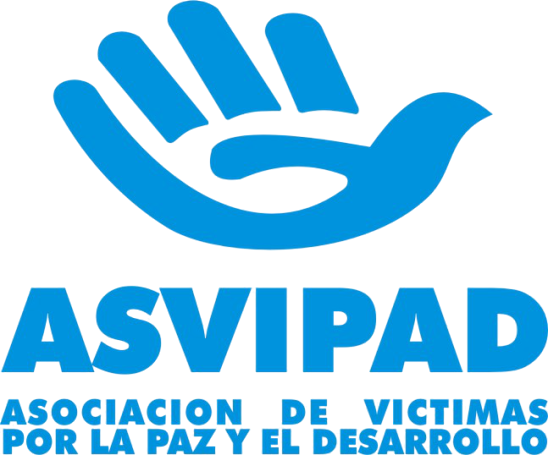The recognition of the fundamental rights and full citizenship of women is a process that has a long history, which has been marked by strong activism and by a social movement, led by women.
The historical precedent for the proclamation of November 25 as the International Day for the Elimination of Violence Against Women was the brutal murder of the Mirabal sisters for being women and activists, which occurred on November 25, 1960. Their only crime was having fought for his rights against the Dominican dictator Rafael Leónidas Trujillo (1930-1961). Twenty years later, the General Assembly of the United Nations proclaims this day on December 17, 1999 and it began to be commemorated on November 25, 2000.
This November 25, when the 21st anniversary of such a proclamation is fulfilled, is a propitious date to insist on the historical demands to advance towards the path of overcoming existing inequalities in the access and full enjoyment of human rights, which is the origin of the different types of violence that affect women, which in the current situation are aggravated by the measures adopted by governments to address the health, social and economic crisis caused by Covid 19.
Given this situation and the challenges it has imposed, it is necessary more than ever for the State as a whole, as the superior guarantor of human rights, to promote and implement the actions and measures contained in Law 1257 of 2008, other national regulations and international instruments to prevent and attend hand in hand with women’s organizations in a proactive and assertive way violence against women that has been escalated by the current crisis.
The historical precedent for the proclamation of November 25 as the International Day for the Elimination of Violence Against Women was the brutal murder of the Mirabal sisters for being women and activists, which occurred on November 25, 1960. Their only crime was having fought for his rights against the Dominican dictator Rafael Leónidas Trujillo (1930-1961). Twenty years later, the General Assembly of the United Nations proclaims this day on December 17, 1999 and it began to be commemorated on November 25, 2000.
This November 25, when the 21st anniversary of such a proclamation is fulfilled, is a propitious date to insist on the historical demands to advance towards the path of overcoming existing inequalities in the access and full enjoyment of human rights, which is the origin of the different types of violence that affect women, which in the current situation are aggravated by the measures adopted by governments to address the health, social and economic crisis caused by Covid 19.
Given this situation and the challenges it has imposed, it is necessary more than ever for the State as a whole, as the superior guarantor of human rights, to promote and implement the actions and measures contained in Law 1257 of 2008, other national regulations and international instruments to prevent and attend hand in hand with women’s organizations in a proactive and assertive way violence against women that has been escalated by the current crisis.


